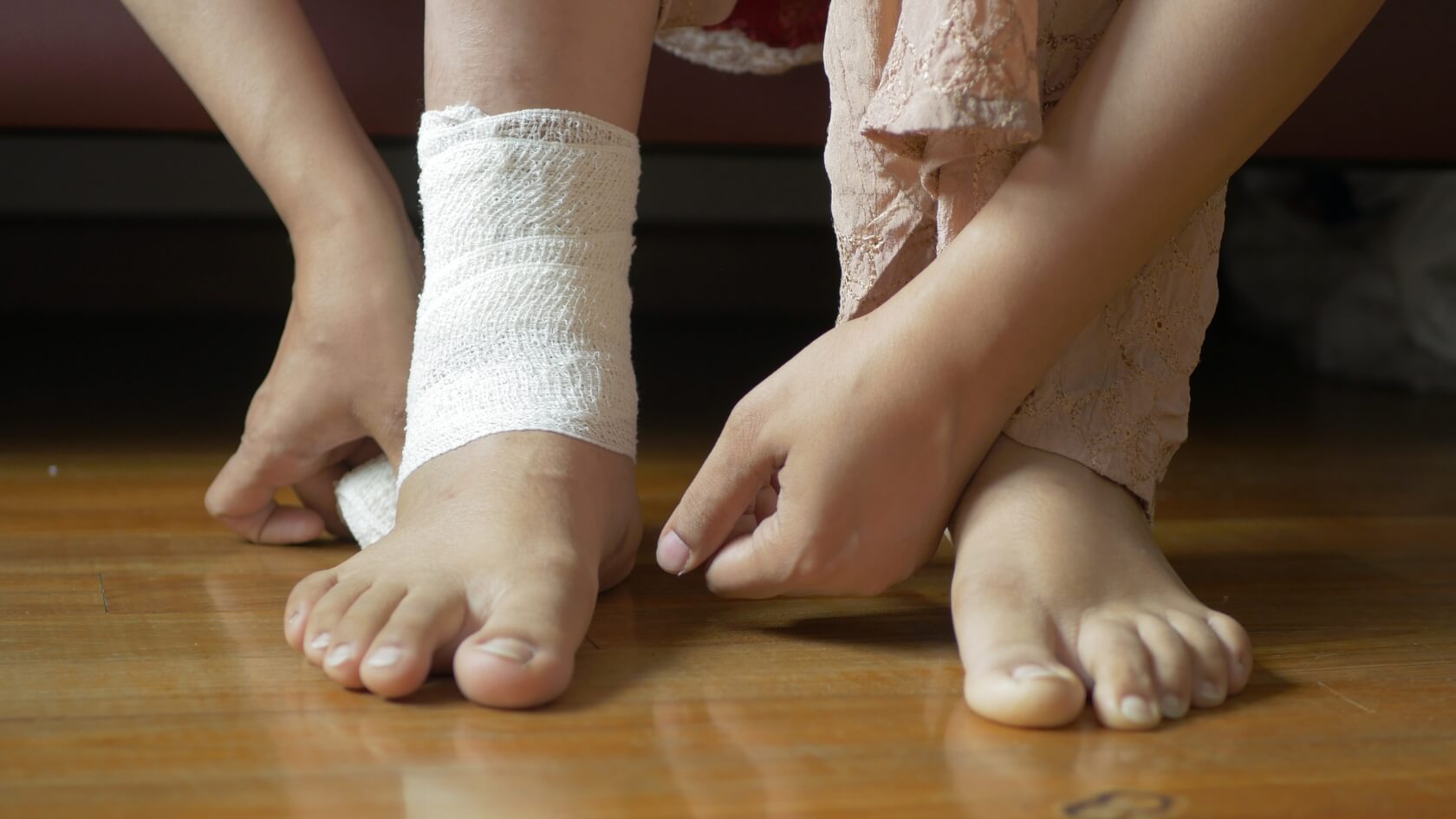Understanding Slow-Healing Wounds and How to Get the Right Care
When you get a cut, scrape, or sore, your body should naturally work to repair the damage. But for some people, wounds can take weeks or even months to heal. If you’re struggling with a slow-healing wounds that just won’t get better, you’re not alone. There are several common reasons why healing might be delayed—and knowing the cause can help you take the right steps toward recovery.
Diabetes and Wound Healing Challenges
Diabetes is one of the leading causes of slow-healing wounds. High blood sugar levels can damage blood vessels and nerves, reducing circulation and sensation in the affected area. This makes it harder for your body to deliver the nutrients and oxygen needed for proper healing. Additionally, people with diabetes are more prone to infections, which can further delay the healing process.
If you have diabetes and a wound that isn’t healing, it’s essential to seek professional care. At Advanced Mobile Wound Care, we specialize in managing diabetic wounds and providing treatments that promote faster recovery while reducing the risk of complications.
Poor Circulation and Its Impact on Slow-Healing Wounds
Your circulatory system plays a crucial role in delivering oxygen and nutrients to damaged tissue. Conditions like peripheral artery disease (PAD), venous insufficiency, or even prolonged immobility can lead to poor blood flow, making it difficult for wounds to heal properly.
Common signs of circulation-related wound healing issues include discoloration, swelling, and persistent pain around the wound site. Our mobile wound care team offers advanced treatments, including specialized dressings and compression therapy, to improve circulation and support healing in the comfort of your home.
Infection: A Major Barrier to Recovery
An untreated or persistent infection can be a significant roadblock to wound healing. Bacteria can thrive in open wounds, causing inflammation, increased pain, and even the formation of pus. In severe cases, infections can lead to serious complications, including sepsis or the need for surgical intervention.
If your wound is red, warm to the touch, or producing an unusual discharge, it may be infected. Our team provides expert wound assessment and care, including infection management strategies such as debridement, antibiotic therapy, and specialized wound dressings to help fight infection and promote healing.
How Advanced Mobile Wound Care Can Help
When slow-healing wounds occur, timely and expert care is essential. Our mobile wound care services bring specialized treatment directly to you, eliminating the need for frequent trips to a clinic. We offer:
- Comprehensive wound assessments
- Personalized treatment plans
- Advanced wound dressings and therapies
- Infection management and prevention strategies
- Diabetic wound care and circulation improvement techniques
If you or a loved one is dealing with a slow-healing wound, don’t wait for it to get worse. Contact Advanced Mobile Wound Care today and take the first step toward recovery!





